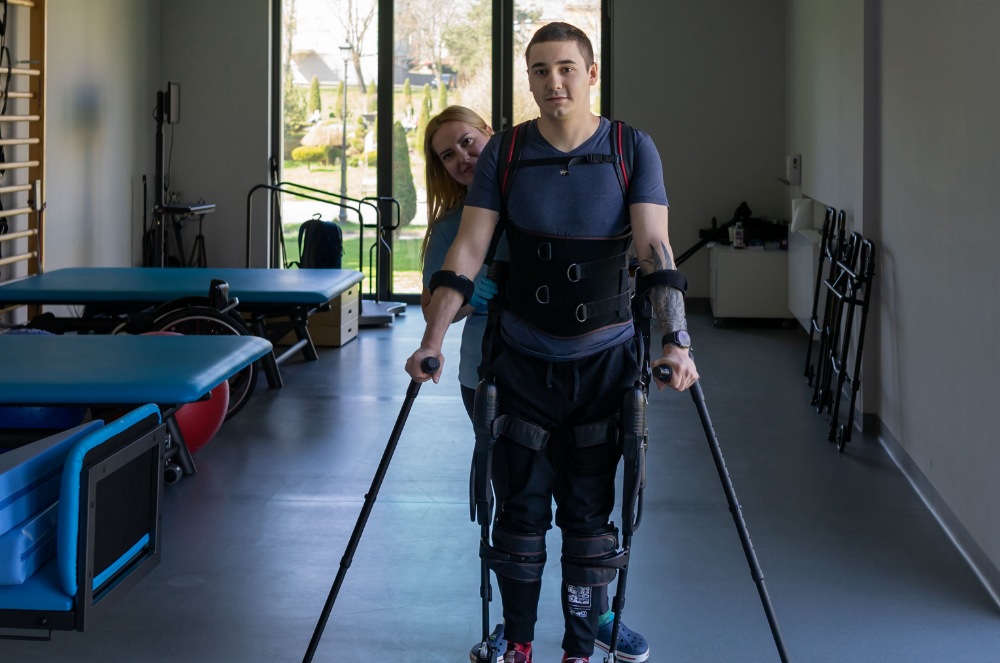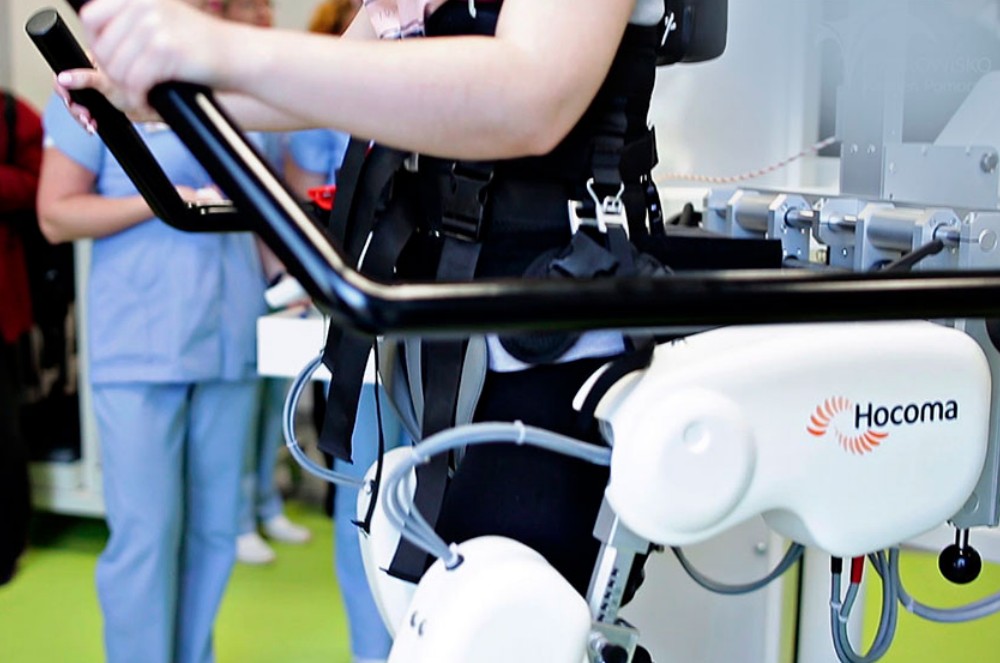Myths and reality: is there a system that can beat roulette?
Red or black? Number or sector? Roulette attracts players with its simplicity, promising excitement and the chance to hit the jackpot to anyone who dares to try their luck. For centuries, players have been looking for ways to beat the casino, coming up with clever strategies that seem like they should work. But is it really possible? When you dig into the world of roulette, you'll find an interesting mix of rumours, hopes, and the strict laws of maths.
Legends of unbeatable strategies
Stories about systems capable of outsmarting roulette on the website https://jo8bet.com/ are as old as the game itself. The most famous is the Martingale strategy. It's simple: if you lose, double your bet so that, with luck, you can recoup your losses and come out ahead. Sounds reasonable, doesn't it? But casinos are always on the lookout: table limits and players' modest wallets quickly break this scheme. A few losses and you already have to risk thousands for a penny profit. And yet many continue to believe in this dream.
Other approaches, such as Fibonacci or D'Alembert, look more accurate. They are based on numerical sequences or a gradual increase in bets. But the catch is the same: roulette is a game of chance. No calculations will make the ball choose red instead of black. It is striking how even today people chase after the perfect formula, turning a blind eye to the laws of probability.
Mathematics versus dreams
Why do systems fail? It's all about the nature of roulette. Each spin of the wheel lives its own life, without looking back at the past. The probability of the number 17 coming up remains the same, even if it has appeared five times in a row. This is called the gambler's fallacy: the misconception that the history of spins influences future ones. Casinos, by the way, are delighted with such illusions, because they make players return to the table again and again.
Another barrier is the casino's advantage. In European roulette with a single zero, it is 2.7%, and in American roulette with a double zero, it is already 5.26%. This means that in the long run, the casino always wins. Can you argue with maths? Most likely not. Unless you look for flaws in old wheels or switch to blackjack, which has its own tricks, but that's a whole other story.
Stories of luck and deception
And yet, there are stories of those who tried to beat roulette. In the 1970s, a group of students from California built simple computers to predict where the ball would land. They monitored the speed of the wheel and the ball, guessing a small advantage. The casino quickly figured them out and updated its technology. Today, such tricks are almost impossible: control and technology in casinos have become too strict.
There are also more dubious tales. Some players swear that they can feel the wheel or find a lucky table. But this is more likely self-deception. And stories about rituals, tapping on the table or wearing red socks sound like a joke. Roulette remains indifferent to superstitions and the most cunning plans.
What should a beginner player do?
So, systems that beat roulette are a myth fuelled by excitement and dreams of easy money. Mathematics is relentless, and the casino is always one step ahead. But is it worth giving up the game because of this? For many, roulette is not just about betting, but also about the atmosphere: the twinkling lights, the clatter of the ball, the slight tension in the air. The main thing is to treat the game as entertainment, not as a pursuit of a mirage.
Roboty rehabilitacyjne
Egzoszkieletto zaawansowane technologicznie urządzenie, przywracające właściwe schematy ruchowe, a pionowy ruch poprawia wydolność i siłę mięśniową pacjenta. Dowiedz się więcej o egzoszkielecie.
Lokomatto nowoczesne urządzenie, dzięki któremu pacjent samodzielnie wykonuje ruch, zgodnie z prawidłowym wzorcem chodu zakodowanym w systemie operacyjnym. Dowiedz się więcej o lokomacie .
Rehabilitacja w warunkach ambulatoryjnych
Sesje z robotami prowadzone są także w trybie ambulatoryjnym dla pacjentów bez zakwaterowania.
Zobacz Cennik zabiegów leczniczych i rehabilitacyjnych

